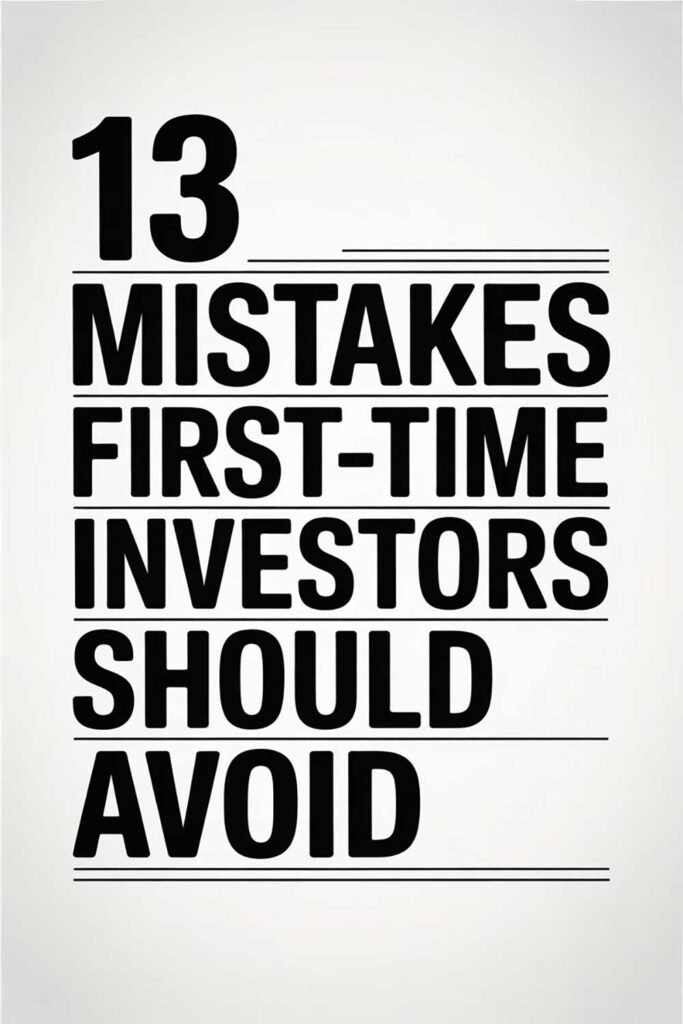12 Secrets to Negotiating a Higher Salary
Negotiating a higher salary can be intimidating, but it’s one of the most powerful skills you can develop to grow your income and confidence. Whether you’re accepting a new job offer, pursuing a promotion, or simply asking for a raise, the right strategies can make a massive difference. These 12 proven secrets—backed by real-life success stories—will help you negotiate with clarity, confidence, and results.

1. Know Your Market Value
Before entering any negotiation, research average salaries for your role, location, and industry.
Real-Life Example:
Kelsey used websites like Glassdoor, Payscale, and LinkedIn Salary to learn her role typically paid $15,000 more. She used this data to ask for an adjustment—and got it.
2. Practice Your Pitch in Advance
Confidence comes from preparation. Know exactly what you want to say and how to back it up with value.
Real-Life Example:
Daniel rehearsed with a mentor before his performance review. His polished delivery made a strong impression, leading to a 12% raise.
3. Document Your Achievements
Keep a running list of your wins, metrics, and value contributions to support your request.
Real-Life Example:
Erica presented a spreadsheet with her completed projects and revenue impacts. Her manager was impressed by the tangible data and gave her a 15% salary bump.
4. Don’t Share Your Current Salary
If you’re interviewing for a new job, avoid revealing your current salary. Focus instead on the value you bring.
Real-Life Example:
Jake sidestepped salary questions by saying, “I’m focused on finding the right fit with a competitive compensation package.” He landed $10,000 more than his previous job.
5. Always Let Them Make the First Offer
This gives you the upper hand in the negotiation. If you throw out a number too early, you risk aiming too low.
Real-Life Example:
Sophia waited for the recruiter’s offer and then negotiated up based on her research. She ended up with an offer $8,000 higher than she would have initially asked for.
6. Be Willing to Walk Away
Leverage comes from having options. Don’t be afraid to say no to an offer that undervalues you.
Real-Life Example:
Alex declined a lowball offer and kept looking. Two weeks later, another company offered $12,000 more with better benefits.
7. Ask for More Than Just Salary
Consider perks like bonuses, vacation time, stock options, remote work flexibility, and learning budgets.
Real-Life Example:
Linda negotiated not only a 10% raise but also a work-from-home schedule and a $2,000 annual conference allowance.
8. Use Strategic Silence
After making your ask, pause. Silence can be a powerful tool that pressures the other party to respond.
Real-Life Example:
During his ask, Noah stated, “Based on my contributions, I believe a salary of $85,000 is appropriate,” and said nothing more. His boss agreed without pushback.
9. Frame It Around Mutual Benefit
Focus on how your growth and satisfaction benefit the company.
Real-Life Example:
Claire told her manager, “I want to continue growing here, and aligning compensation with my results will help me stay fully engaged.” It worked.
10. Time It Right
Annual reviews, after a big win, or during periods of company growth are the best times to negotiate.
Real-Life Example:
Jordan waited until his team hit a major milestone. He asked for a raise two days later and got approval from upper management.
11. Remain Professional and Positive
Salary conversations can be emotional, but keeping calm, friendly, and fact-based gets better results.
Real-Life Example:
Emily avoided ultimatums and instead framed her ask as a collaborative discussion. Her manager praised her professionalism and worked out a raise.
12. Don’t Accept the First Offer Too Quickly
There’s often wiggle room in the first number. Always counter.
Real-Life Example:
Brandon countered the initial offer with a $5K higher request and additional PTO—and got both.
🌟 20 Quotes About Negotiation, Value & Financial Empowerment
- “You don’t get what you deserve, you get what you negotiate.” – Chester L. Karrass
- “Know your worth. Then add tax.” – Unknown
- “A successful negotiation occurs when both parties walk away feeling like they won.” – Unknown
- “Confidence comes not from always being right but from not fearing to be wrong.” – Peter T. McIntyre
- “Don’t be afraid to give up the good to go for the great.” – John D. Rockefeller
- “In business, you don’t get what you deserve, you get what you negotiate.” – Unknown
- “The most important thing in communication is hearing what isn’t said.” – Peter Drucker
- “If you’re not asking, you’re not getting.” – Unknown
- “Negotiation is not about winning. It’s about finding a win-win.” – Unknown
- “Be so good they can’t ignore you.” – Steve Martin
- “Your salary is not a reflection of your worth, but of your negotiation.” – Unknown
- “Closed mouths don’t get fed.” – African Proverb
- “Start where you are. Use what you have. Do what you can.” – Arthur Ashe
- “Opportunity is missed by most because it is dressed in overalls and looks like work.” – Thomas Edison
- “Success is walking from failure to failure with no loss of enthusiasm.” – Winston Churchill
- “Doubt kills more dreams than failure ever will.” – Suzy Kassem
- “Speak up. Even if your voice shakes.” – Maggie Kuhn
- “Do something today that your future self will thank you for.” – Sean Patrick Flanery
- “Never settle for less than you deserve.” – Unknown
- “Value doesn’t shout—it demonstrates.” – Unknown
🧠 Picture This
Picture walking into your manager’s office with a clear, confident tone. You present your accomplishments, express your goals, and ask for what you deserve. You hear the words: “Yes, we can do that.”
Now, imagine checking your bank account and seeing that new paycheck hit. You feel empowered, validated, and motivated. You’re no longer settling—you’re owning your worth and building your future.
What could your life look like if you negotiated with courage and clarity?
📢 Please Share This Article
If this article gave you the confidence or tools to negotiate better, share it with a friend or coworker. Let’s raise the standard for knowing and asking for our worth.
⚠️ Disclaimer
This article is for informational purposes only. It reflects general negotiation strategies and real-world experiences. Always consider professional career coaching or legal guidance when dealing with contract and compensation negotiations.






